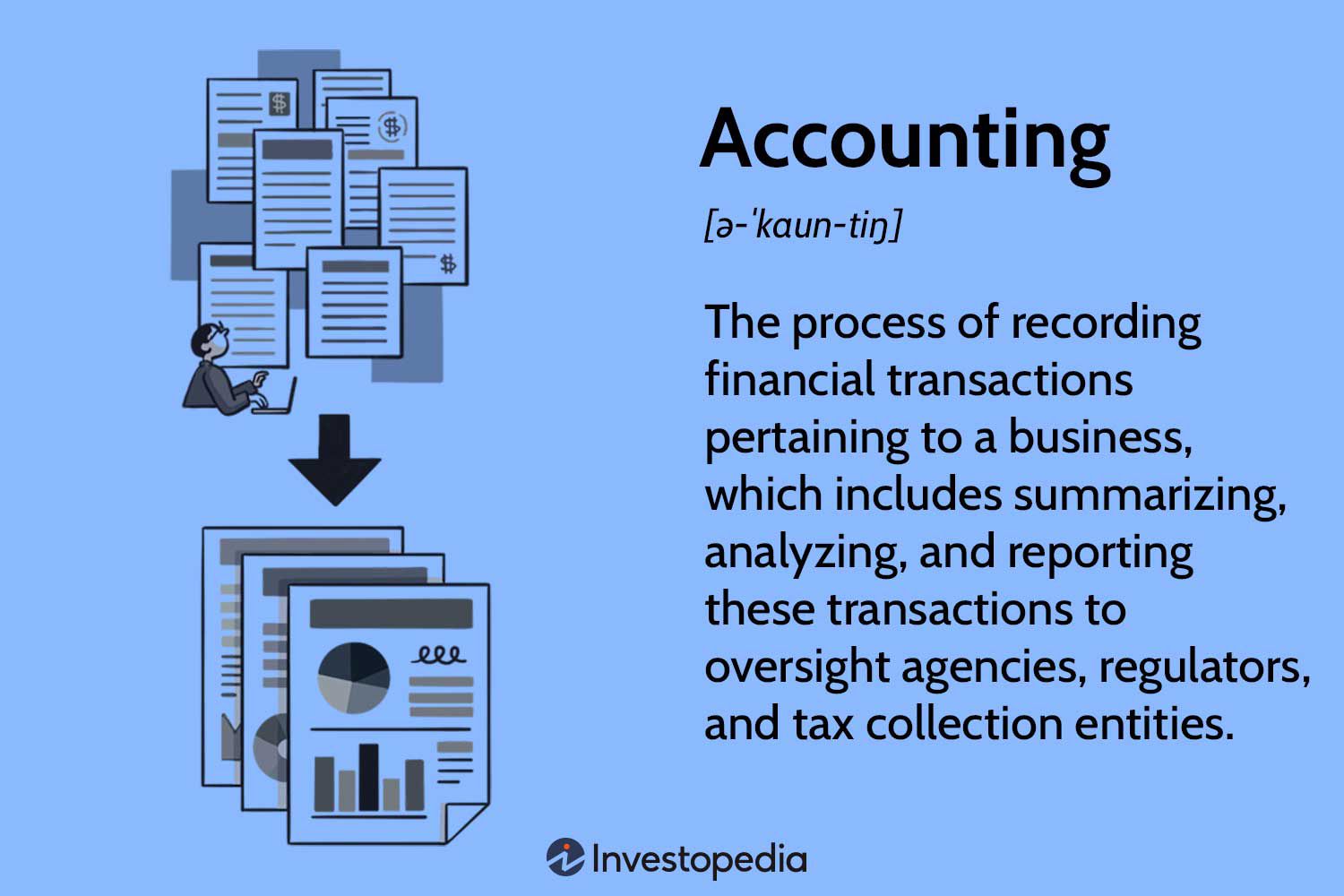The Vital Role of Accounting
In the dynamic world of business, accounting plays a pivotal role in ensuring the financial health and success of an organization. By meticulously recording, summarizing, and interpreting financial data, accounting provides valuable insights that guide decision-making and facilitate effective management. Let’s delve into the seven fundamental functions of accounting that contribute to the growth and stability of businesses. What are the 7 functions of accounting?
Recording Financial Transactions
At its core, accounting involves the systematic recording of all financial transactions that occur within a business. These transactions can encompass a wide range of activities, including sales, purchases, expenses, and investments. The process of recording transactions ensures that every financial event is accurately captured, forming the foundation upon which all subsequent accounting functions rely.
Accuracy and Precision
Accurate recording is paramount in accounting, as even minor errors can lead to significant discrepancies in financial statements. Modern accounting software has streamlined this process, minimizing the risk of human errors and ensuring the precision required for trustworthy financial records.
2. Classifying and Categorizing Transactions
Once financial transactions are recorded, they need to be classified and categorized appropriately. This involves grouping similar transactions together to create meaningful financial reports and statements. Proper classification enables businesses to gain insights into their financial activities, assess their financial health, and comply with regulatory requirements.

What are the 7 functions of accounting?
Chart of Accounts
A well-structured chart of accounts forms the backbone of effective classification. This hierarchical list categorizes transactions into various accounts, such as assets, liabilities, revenues, and expenses. By organizing transactions in this manner, businesses can generate accurate financial statements that offer a comprehensive view of their financial position.
3. Summarizing Financial Information
Summarization is a crucial function that involves condensing vast amounts of financial data into concise, understandable formats. Financial statements, such as the balance sheet, income statement, and cash flow statement, provide stakeholders with a snapshot of the company’s financial performance and position.
Financial Ratios and Analysis
Financial statements are the foundation for various financial ratios and analyses that help assess a company’s liquidity, profitability, and efficiency. These metrics are essential for making informed decisions, evaluating the company’s performance over time, and comparing it with industry benchmarks.
4. Interpreting Financial Data
Interpreting financial data goes beyond summarization; it involves extracting meaningful insights from the numbers. Accountants and financial professionals analyze financial statements to identify trends, strengths, weaknesses, and potential areas for improvement.
Managerial Decision-Making
Interpretation of financial data guides managerial decision-making. For instance, analyzing cost patterns might lead to cost-cutting measures, while recognizing revenue trends could trigger strategies to enhance sales and market share.
5. Financial Reporting and Compliance
Financial reporting is a crucial function that involves communicating a company’s financial information to various stakeholders, including investors, creditors, regulatory authorities, and internal management. Accurate and transparent reporting ensures accountability and compliance with accounting standards and regulations.

Transparency and Trust
Transparent financial reporting fosters trust among stakeholders, as it provides an accurate representation of the company’s financial performance and position. Compliance with regulatory requirements also mitigates legal risks and enhances the company’s reputation.
6. Monitoring and Controlling Financial Performance
Accounting facilitates the ongoing monitoring and control of a company’s financial performance. By comparing actual financial results with budgets and forecasts, businesses can identify deviations and take corrective actions to stay on track.
Budgeting and Variance Analysis
Budgeting allows companies to set financial goals and allocate resources accordingly. Variance analysis helps track deviations between actual and budgeted figures, enabling timely adjustments and informed decision-making.
7. Facilitating Audits and Assessments
Auditing is a critical function that verifies the accuracy and reliability of a company’s financial records. It ensures that financial statements are free from material misstatements and provides assurance to stakeholders regarding the company’s financial health. https://cbdtax.com.au/cbd-tax-accountant/
External and Internal Audits
External audits are conducted by independent auditors, while internal audits are performed by a company’s internal audit department. Both types of audits contribute to ensuring the integrity of financial information and enhancing the company’s credibility.
Conclusion
In the realm of modern business, the functions of accounting extend far beyond number-crunching. From recording financial transactions to facilitating audits, accounting serves as the backbone of informed decision-making and transparent financial reporting. Its multi-faceted role empowers businesses to navigate the complexities of the financial landscape and drive sustainable growth. As technology continues to evolve, the functions of accounting will undoubtedly adapt, but their fundamental importance remains unwavering. What are the 7 functions of accounting?

